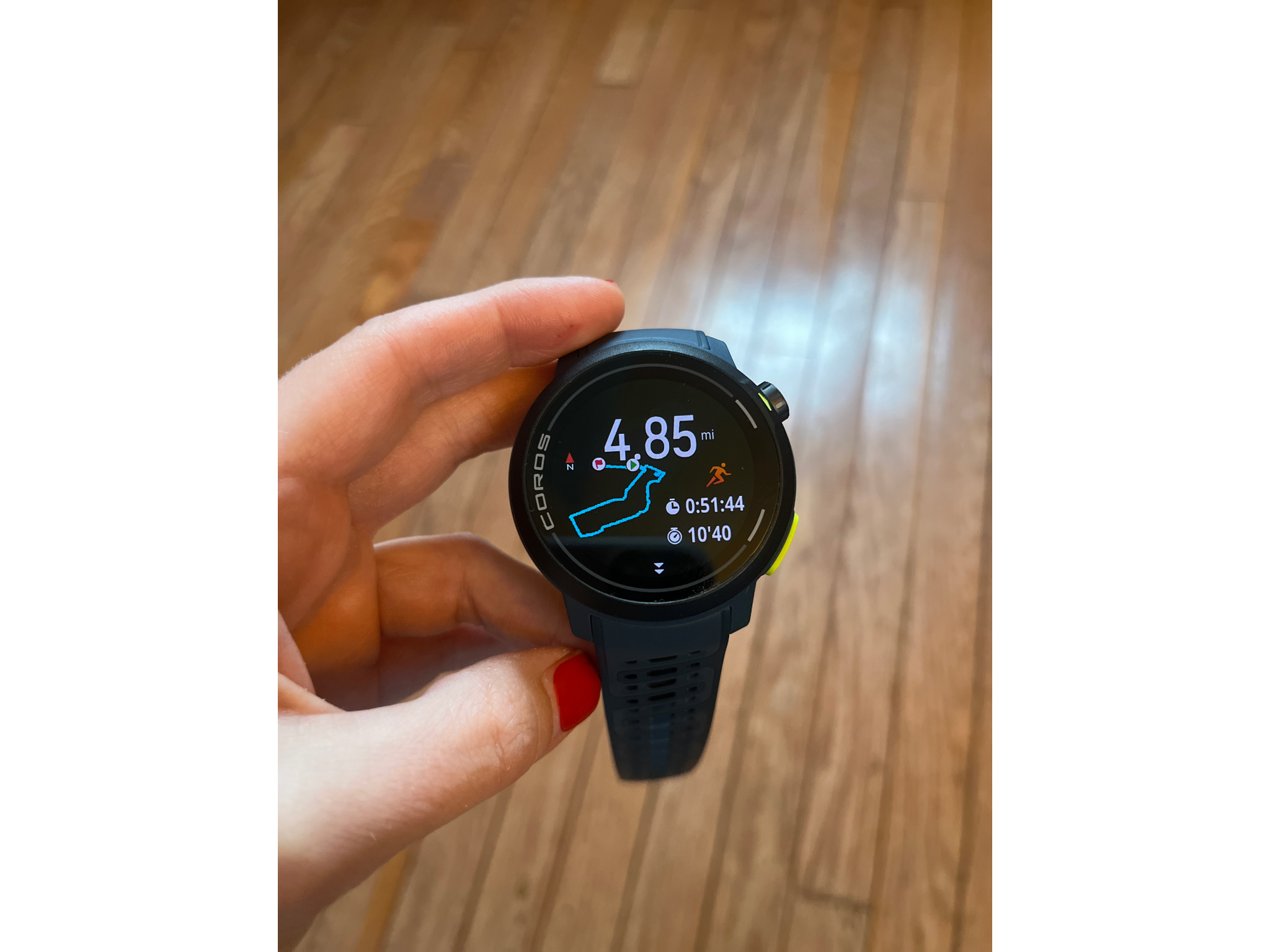Best fitness trackers for 2025, reviewed, ranked, and compared by an expert
There’s nothing wrong with just huffing and puffing away at the gym. But when you’re ready to get more strategic about your workouts, you’re going to want one of the best fitness trackers. “Having the data gives you deeper insights into what’s actually going on — your effort, your strain over time, your progress,” says Kendall Wood, a fitness coach at Tonal. “And that can help you make more informed decisions about your training.”
There are tons of trackers out there, some of which can set you back almost as much as a month’s rent. So what do you actually need in a good one? Well, that depends on whether you want all the bells and whistles of a device you wear 24/7 to show the full gamut of exercise, stress, and sleep stats, or if you’re only after the basics, says Wood. If the latter, she suggests something with a good heart rate monitor.
You should also consider whether you want a tracker with an interface that gives you real-time feedback during your workouts or a screen-free option where you simply check your stats in an app later on. Similarly, I’d recommend considering cost — whether that’s upfront or an ongoing subscription.
As a fitness writer and certified running coach who’s tried just about every fitness tracker over the years, I’m here to guide you on the favorite options among pro athletes, budget-minded beginners, and the rest (who fall somewhere in between). No matter your own fitness style and goals, get ready to meet your new favorite workout buddy.
How I tested
To find today’s best fitness trackers, I interviewed experts and researched which options have the largest cult followings among trainers, athletes, and everyday gymgoers. I then tried each one out to see firsthand how they actually perform.

I wore each for 24/7 for at least two weeks (and kept some personal favorites I’ve had for multiple months) to test everything they could track, from workouts and step counts to health stats like my resting heart rate and overnight sleep metrics (the latter, I’ve done extensive research on for my review of the best sleep trackers).
I tracked runs, walks, hikes, bike rides, strength training, Pilates, barre, and paddleboarding workouts, as well as day-to-day life, assessing the metrics each tracker provided me with. I assessed the following:
- Wearability: A fitness tracker is designed to be worn 24/7, so I paid close attention to how comfortable it was, whether I noticed it on my wrist, and how user-friendly the device itself was (as well as the connecting app).
- Battery life: I compared the real-world battery life and charging time with what the brand claimed.
- Health and fitness insights: A fitness tracker should provide insights that are relevant to you. It should track a host of different activities, from paddleboarding and swims to golf and walks. I assessed how easily digestible the data was and whether it could be accessed on the device itself or if it required me to use my phone. Similarly, I paid close attention to how well the devices stored data and their syncing capabilities.
- Accuracy of metrics: Beyond the actual activity tracking, I considered how well each wearable tracked different activities. I conducted this test by wearing at least two trackers at once. After all, there’s not too much point in having a fitness tracker if it’s not really reflecting an accurate reading. We get the best data and recommendations when our trackers are picking up on the true reflections of our overall health, sleep, and fitness routines.
- Additional features: I also assessed whether they had additional nice-to-have features and how well these performed, such as the accuracy of the GPS tracking, the personalized workouts, and whether it could auto-detect activities.
Why you can trust IndyBest U.S. reviews
Jennifer Heimlich has more than a decade of experience as a journalist within the fitness industry, so she is a reliable and knowledgeable voice when it comes to recommendations. When not writing, she’s a UESCA-certified running coach and hosts running tours, so she takes health and fitness seriously. And she has been able to put these fitness trackers to the test in a whole host of scenarios. Beyond her own research and rigorous testing, she’s consulted experts on what to look out for in the best fitness trackers to broaden her knowledge.
The best fitness trackers for 2025 are:
- Best overall — Garmin forerunner 265: $449.99, Walmart.com
- Best budget fitness tracker — Fitbit charge 6: $159.95, Google.com
- Best screen-free fitness tracker — Whoop 5.0: $199, Whoop.com
- Best for endurance athletes — Coros pace pro: $349, Coros.com
- Best for outdoor enthusiasts — Apple Watch ultra 2: $799, Apple.com
- Best multi-sport fitness tracker — Amazfit balance 2: $299, Amazfit.com
- Best for all-around wellness — Garmin venu 3: $449.99, Garmin.com
[title_words_as_hashtags




